About
Unlocking the potential of marine biodiversity
Funded through the EU Horizon 2020 programme, the MARBLES Project will develop new methods for the sustainable collection and use of biological resources from marine environments and assess their commercial potential.
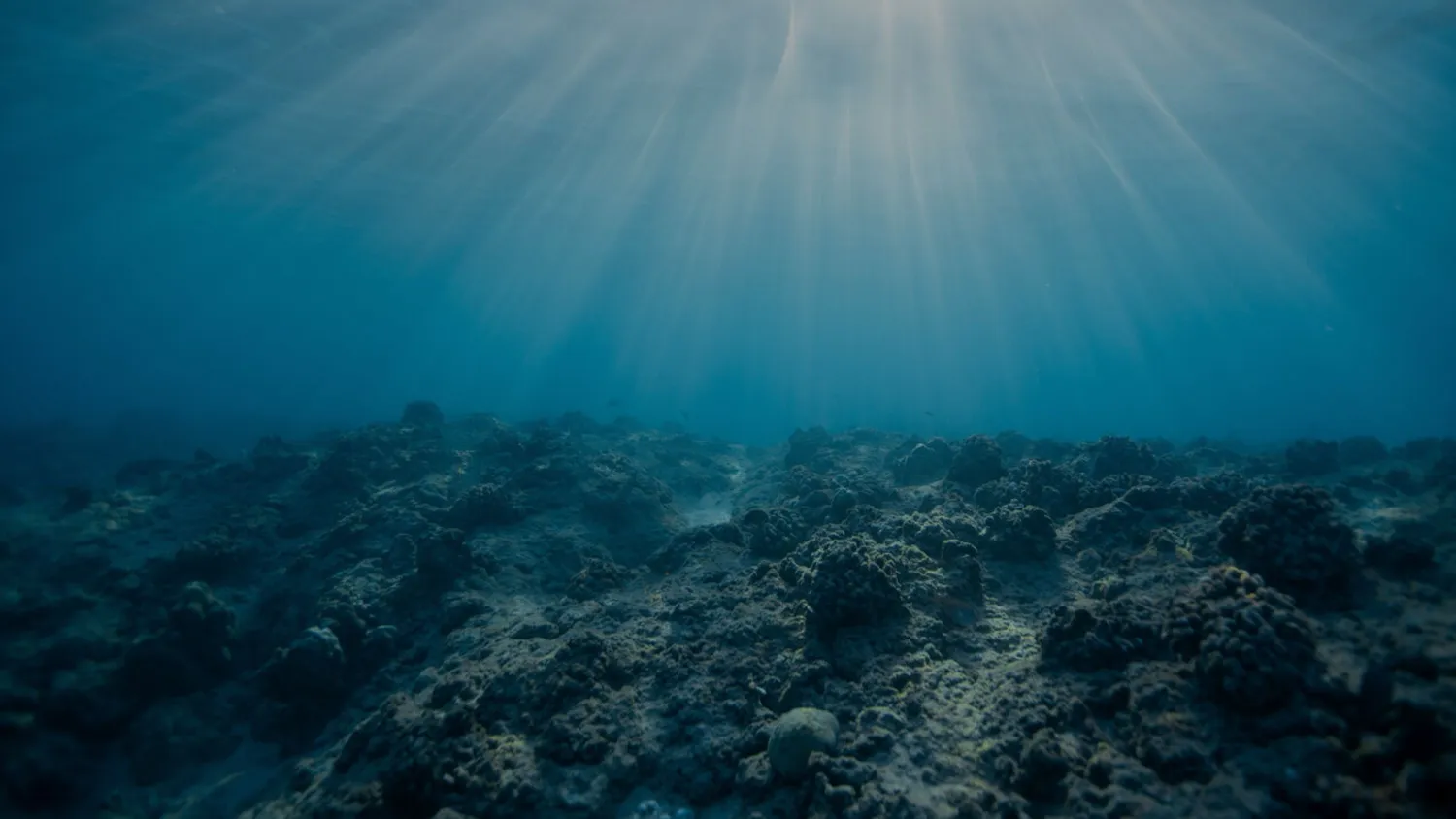
At a glance
Programme
HORIZON 2020
Type of Action
Research and Innovation Action (RIA)
Topic
H2020-FNR-11-2020: Prospecting aquatic and terrestrial natural biological resources for biologically active compounds
Duration
May 2021 – April 2026 (60 months)
Consortium
14 partners from 10 countries
Coordinator
Universiteit Leiden, the Netherlands
Total Budget
€7.5 million
The Challenge
The marine environment remains a largely untapped and poorly understood source of natural products with potential for application in the pharmaceutical and food industries. Challenges include finding and identifying the bacteria and their molecules, extracting their active ingredients in a sustainable, effective way, and the commercial and regulatory difficulties of bringing a discovery from the lab to market. In the context of an increasing global population and the current climate and biodiversity crises, there is an urgent need to sustainably harness new compounds with pharmaceutical and nutritional applications. These are the issues that MARBLES will address.
Objectives
To discover microbes and microbial consortia to be used as bioprotectants in aquaculture and agriculture.
To develop small molecule and microbial consortia formulations for sustainable commercial exploitation post project.
To discover microbial small molecule compounds with antifungal or antimicrobial activity.
To discover product candidates with potential human health applications, for commercialisation post project.
To discover elicitors that enhance expression of silent biosynthetic gene clusters for use in improved screening regimes for novel bioactive molecules from microbes.
To provide environmentally friendly alternatives to the prophylactic use of antibiotics in aquaculture and thus reduce the threat of antimicrobial resistance (AMR).
To provide environmentally friendly alternatives to the continued use of synthetic agrochemicals in agriculture.
To build upon existing buy-in with policymakers to provide science-based advice for important ongoing policy discussion related to bio-based biotechnology.
To communicate the findings of MARBLES to a diverse range of stakeholders and engage the public in advances in marine biotechnology and understanding the importance of biodiversity.
Expected Impacts
MARBLES integrated co-creation methodology and end user engagement will ensure uptake of results and impact. MARBLES will:
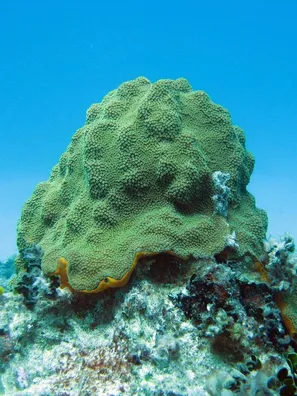
01
Support sustainable biodiscovery
Support the sustainable biodiscovery and use of natural biological resources from different marine environments and ecosystems, allowing a much better assessment of their bioactivity potential.
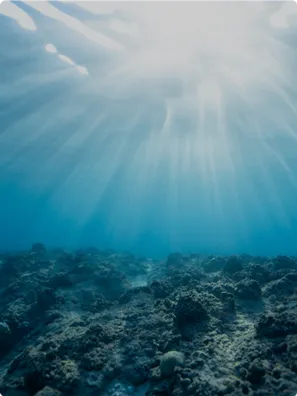
02
Develop sustainable exploitation methods
Develop sustainable exploitation, cultivation and processing methods based on promising species/organisms and chosen production routes.
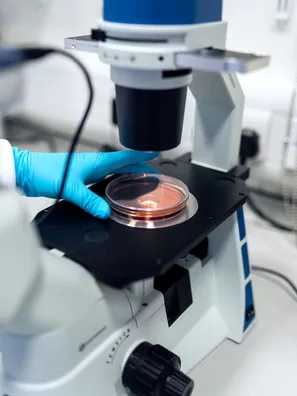
03
Develop natural eco-friendly products
Develop novel, natural, sustainable and ‘eco-friendly’ products with significant bioactive properties, with applications in the agricultural, aquacultural and pharmaceutical industries by exploring and exploiting symbiotic marine microorganisms.
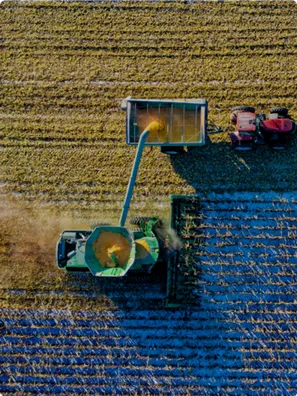
04
Providing alternatives to chemicals
Provide marine and algal derived microbial small molecules and microorganisms to offer the alternatives that aquacultural and tillage farmers are searching for, replacing environmentally detrimental chemicals and drugs.

05
Increase public-private cooperation in biotechnology
Increase public-private cooperation in European biotechnology, while integrating the green (plant), blue (marine) and white (industrial) sectors, with the products being derived from the marine environment, being produced by the biotech industry and being used in agri- and aquaculture.
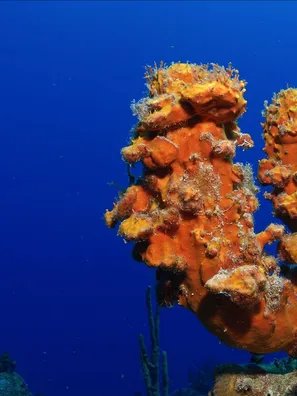
06
Increase public knowledge of biodiscovery
Increase public knowledge of biodiversity potential and, if relevant, ecosystem interactions, and their impact on bioactive response.
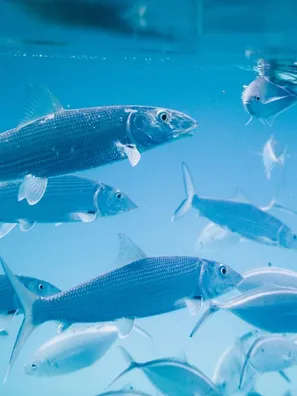
07
Reduce pressure on wild populations
Reduce pressure on the harvesting of wild populations by developing enabling technologies for sustainable growth of aquatic animals and plants, thus reducing the pressure on wild populations.
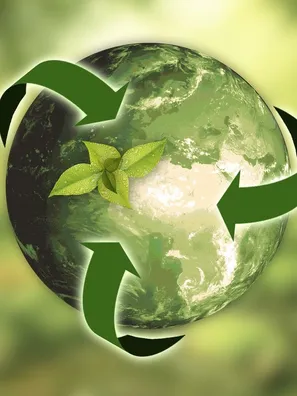
08
Environmental and economic sustainability
Ensure environmental and economic sustainability of the entire process, inter alia by reducing and extracting waste via the efficient use of biomass (cascade approach).
Explore our Work Packages
Through nine Work Packages, MARBLES is addressing the challenges of finding and identifying the bacteria and their molecules, extracting their active ingredients in a sustainable, effective way, and the commercial and regulatory difficulties of bringing a discovery from the lab to market








